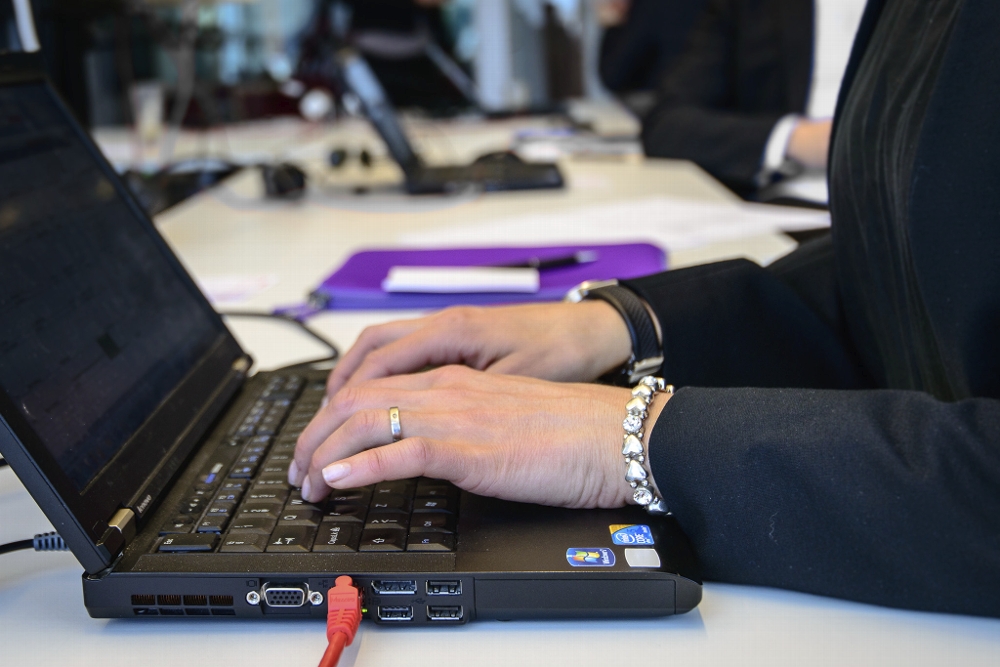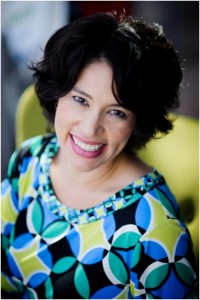THE FUTURE OF CODING
February 9, 2016
 My kids don’t understand what I do for a living. To them “I work on the computer” and “I push buttons”.
My kids don’t understand what I do for a living. To them “I work on the computer” and “I push buttons”.
Computer programming and designing apps that run on their PCs, tablets and phones is a concept that their Elementary aged minds just couldn’t seem to grasp. So, when the local coding community hosted an ‘Hour of Code’ day recently, I dragged them to it kicking and screaming.
Turns out they loved it.
Next thing you know they were writing basic code. Instead of playing with a joystick to control a robot they were changing variables and adding lines of code to program a Dash and Dot robot. They were even adding and editing lines of code to program games for popular characters like Star Wars and Frozen.
At one point my daughter made a mistake in her code and more–>got frustrated and wanted to give up. I congratulated her and explained that mistakes are a part of coding and together we had fun debugging her code.
When we returned home they begged to do more coding on Code.org and we’re still doing it today. To them it is a fun game but they don’t realize they are learning the basics of coding and with every project they learn a new programming concept.
 Knowing how to code will be vital to the future of our children. According to code.org there were nearly 600,000 computing jobs nationwide, but last year only 38,175 students graduated with degrees in computer science. By 2024, when my kids will be entering the workforce, there will be a million jobs in Computer Science.
Knowing how to code will be vital to the future of our children. According to code.org there were nearly 600,000 computing jobs nationwide, but last year only 38,175 students graduated with degrees in computer science. By 2024, when my kids will be entering the workforce, there will be a million jobs in Computer Science.
Who will fill these jobs? Only 1 in 4 U.S. schools offer computer science classes with programming. That’s right, just 25%. In fact, only 29 states allow computer science courses to count toward High School graduation.
Code.org is just one organization trying to help fill this gap by making it easier for schools to foster an interest in computer science and provide valuable coding skills to their students.
If you can code, do your part by reaching out to your local school or coding club to see how you can contribute in an afterschool coding club like Coderdojo, Hour of Code, Girls Who Code or other similar program.
References:
Dash and Dot makewonder.com
Hour of Code: Code.org

 English | EN
English | EN 